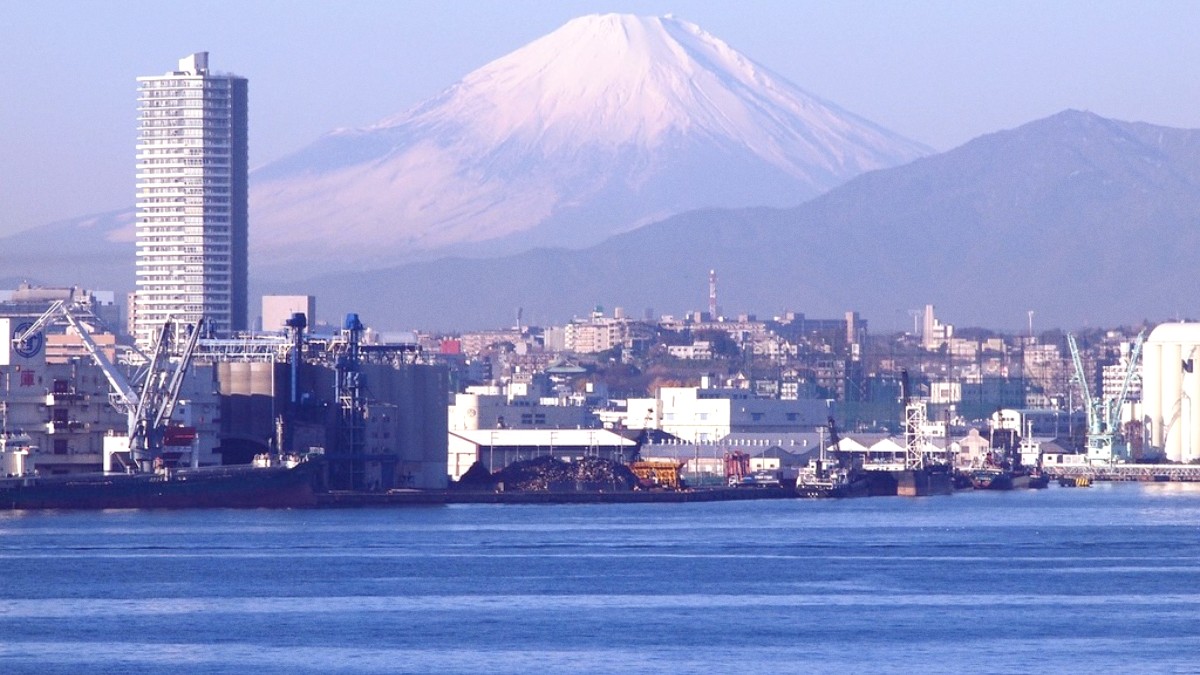
South Of Tokyo, Japan
Respect all signage in parks and natural areas. Stay on marked trails. Avoid disturbing wildlife or plants. Engage with eco-friendly accommodation like Ecobnb.
Japan has strict waste separation rules. Visitors follow local guidelines for distinct categories (burnable, non-burnable, plastic bottles, cans). Carry a small bag for trash if public bins are sparse.
Tap water is safe and potable throughout Yokohama. Use a reusable water bottle. Refill from taps or public fountains to reduce dependence on bottled water.
Yokohama maintains its parks and green spaces. Neighboring Hakone is part of the Fuji-Hakone-Izu National Park, subject to strong conservation initiatives.
Respectful interactions with local people and their traditions enrich your journey and support cultural preservation.
Your travel choices directly benefit the local economy. Support local businesses and engage with initiatives that prioritize community well-being.
Look for handcrafted items from local artisans, minimizing environmental impact. Support small businesses.
Explore reusable products.Prioritize brands known for ethical production and sustainable materials, like outdoor gear from Patagonia.
Shop Patagonia.Carry a reusable water bottle. Yokohama's tap water is safe to drink, reducing plastic waste and your environmental footprint.
Directly supporting local communities strengthens the destination.
Seek out opportunities that directly support local communities. This includes staying in locally-owned guesthouses and participating in workshops.
Make purchasing decisions that benefit producers and workers fairly. Your choices reverberate through the supply chain.
Be aware of any activities that might exploit animals or people. Do not participate in anything that appears unethical.
If you wish to contribute to a cause, research reputable local charities or non-governmental organizations working on social or environmental issues.
Conscious consumer choices support the local economy and traditional practices.
Purchase directly from artists at markets to support their craft.
Seek out authentic Japanese items that reflect cultural heritage.
Look for goods with minimal environmental footprint or fair-trade labels.
Prioritize eating at local restaurants, cafes, and izakayas, and shopping at small, independent stores. This helps sustain local economies and preserves the city’s unique character.
Thoughtful choices in Yokohama build positive connections with both the environment and its people.
Your interactions with the environment and community reflect your commitment to responsible tourism.
Foster positive relationships by respecting local customs, supporting businesses, and contributing to community well-being.
Make conscious choices regarding your purchases and resource use to lessen your environmental footprint.
When observing wildlife, prioritize their welfare and natural habitats. Maintain a respectful distance and avoid direct contact.
Your travel decisions have a lasting effect. Choose options that benefit both you and the destination.
Look for hotels with environmental certifications or those promoting sustainable practices.
Consider offsetting your flight emissions to balance your environmental footprint.
Patronize local restaurants and markets to support food systems and traditional flavors.
Avoid engaging in any activities that appear to be exploitative or unethical. Your informed choices contribute to positive travel experiences for everyone.
By making conscious decisions about your travel and consumption, you join in the effort to preserve Japan's natural beauty and cultural heritage for future visitors.